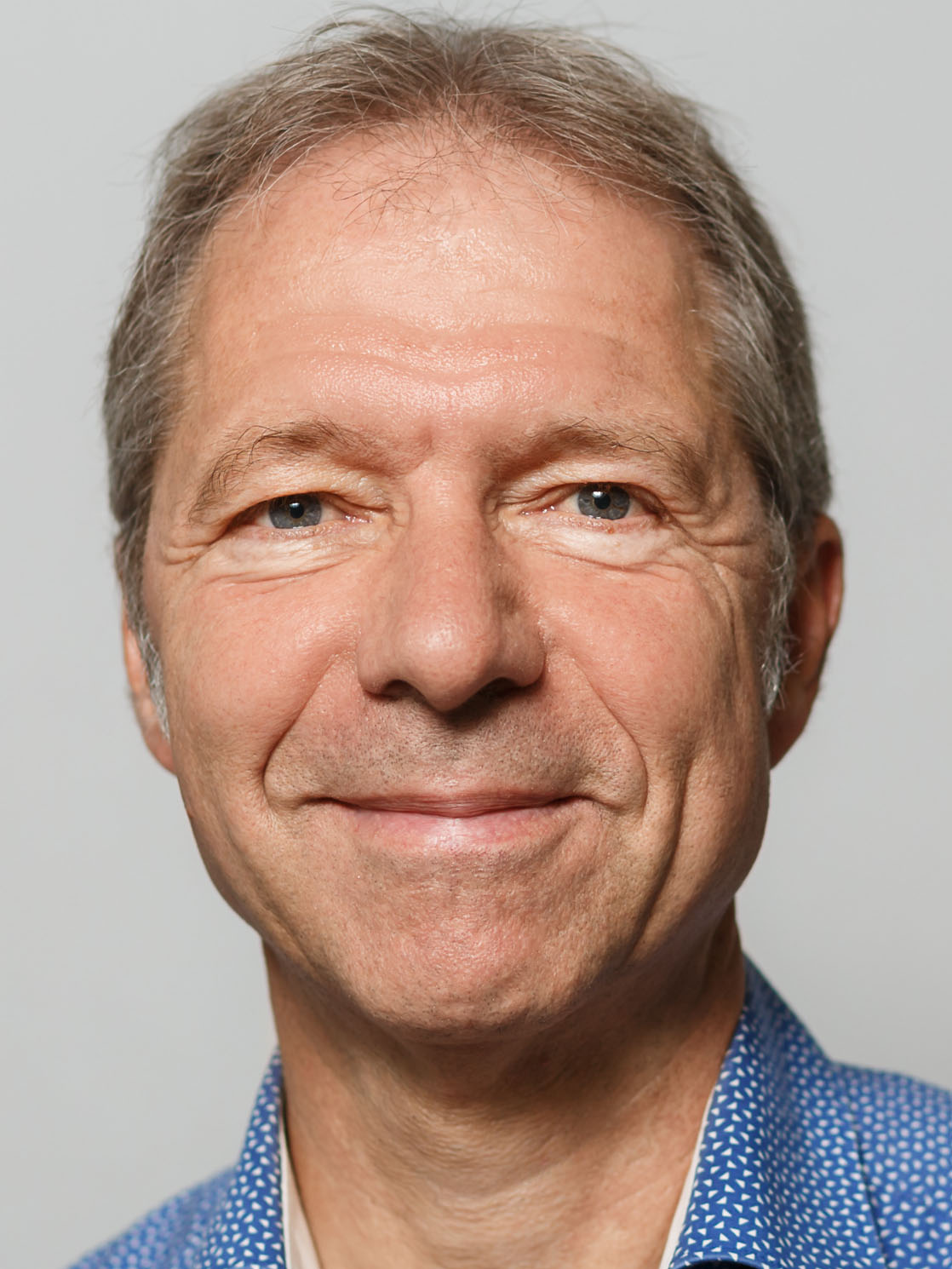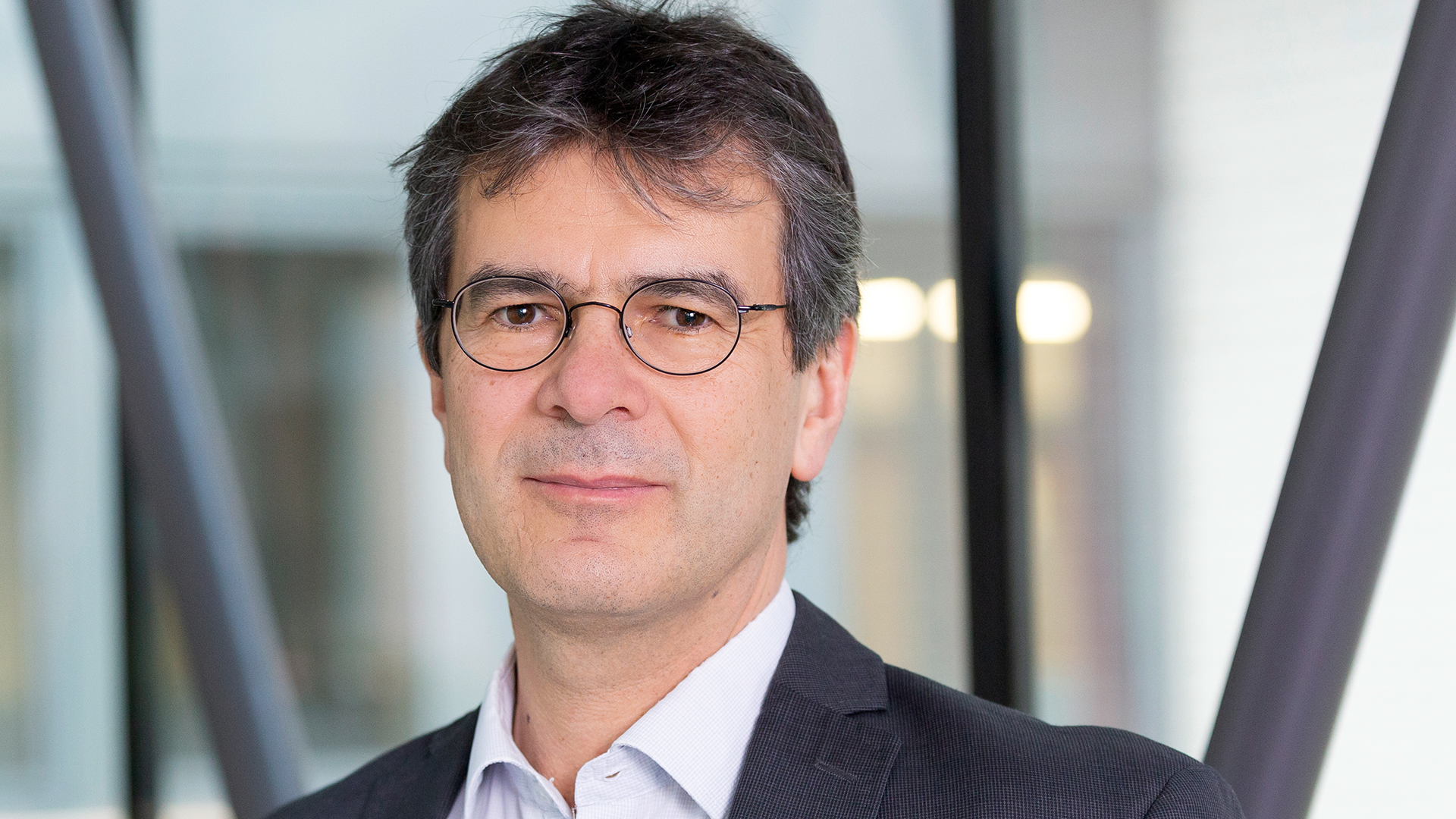Status: 06/18/2021 5:16 a.m.
–
–
–
Falling incidences and more and more vaccinated people, many people hope for a carefree vacation – almost without Corona. But does the travel wave threaten a setback for autumn like last year? Four experts offer advice on how to reduce the risk of a fourth wave.
By Stefan Keilmann,
tagesschau.de
–
–
–
The number of new infections in Germany has been falling for weeks, and the vaccination campaign against Corona is making progress: every second person in this country has already received the first vaccination. So many people are now all the more hoping for an end to the pandemic and a piece of normality. The tour operators are registering a record increase in bookings, in many holiday regions in Germany it is hardly possible to get hold of a room for the holidays.
–
–
–
But what does this mean for fighting the pandemic? Last summer, the incidences were also low, many people traveled within and outside of Europe – and some brought the virus back with them. According to In the meantime, every second new infection was due to a trip abroad due to a special evaluation by the Robert Koch Institute.
But can the experiences from last year be carried over to the summer of this year that easily? After all, many people are protected by vaccinations – but there are much more contagious virus mutants such as the Delta variant. Therefore, experts are already warning that there could be significantly more infections in autumn.
How is vacation possible in the second Corona summer – and what has to happen so that there is no fourth wave in autumn? tagesschau.de interviewed scientists from various disciplines.
Ralf Bartenschlager, Virologe

–
–
To person
Prof. Dr. Ralf Bartenschlager is President of the Society for Virology and heads the Department of Molecular Virology at Heidelberg University.
–
“I think you have to differentiate here whether you are fully immunized – and by that I mean both vaccinations – or whether you have not yet been vaccinated or have only been vaccinated once. With a complete immunization, more vacation is certainly possible than with a missing or partial immunization, even if you can create a certain compensation through testing. Basically, the holiday destination should also be chosen carefully this summer. One should consider the incidence, the vaccination rate and the presence of worrying variants – such as the delta variant – in the destination area.
We have to use the summer months to avoid a fourth wave in autumn / winter. The vaccination must be given priority here, and it must be complete. The latest results show that the second vaccination is very important, especially with regard to protection against the SARS-CoV-2 variants. In addition, we must minimize the entry of infections, especially with SARS-CoV-2 variants, as far as possible for those returning from abroad. ”
Kai Nagel, mobility researcher

–
–
To person
Prof. Dr. Kai Nagel is a physicist and head of the Department of Traffic System Planning and Traffic Telematics at the Technical University of Berlin. With the help of a simulation model – which also uses real cellular data – he is investigating how the coronavirus spreads in schools, at work and when traveling.
–
“Our simulations show that, due to the rapid progress of vaccination and the summer, we are currently in a situation in which we have a certain amount of leeway for relaxation . the proportion of dangerous mutations is not significantly higher than in Germany. The same principles apply when traveling as here. First: Wherever possible, carry out activities (e.g. visits to restaurants) outside. Second: Wear masks indoors. And third: Avoid contexts with a high density of people.
However, our simulations also show that an autumn wave is likely if the vaccination protection decreases due to a mutation. For this reason, tourist trips to regions with dangerous mutations should be avoided at all costs, and if they do take place, be bound to a quarantine (also for vaccinated / convalescent) after return. It cannot be assumed that this will completely prevent the entry of these mutations, but it can at least be slowed down. ”
Gérard Krause, Epidemiologe

–
–
To person
Prof. Dr. Gérard Krause is one of the leading epidemiologists in Germany. Among other things, he heads the Epidemiology Department at the Helmholtz Center for Infection Research in Braunschweig.
–
“How the epidemiological situation of the pandemic will develop in the second half of the year does not depend solely on how we organize the vacation time. What will also be decisive here will be the extent to which the priority target groups can be fully vaccinated and how well the vaccination against newly emerging variants of the virus and how the autumnal environmental conditions favor the spread of the virus again.
Also important is how successfully the public health service will be able to contain local outbreaks that occur. To the extent that social restrictions on mobility and contacts no longer apply, the importance of case-related contact person management increases. To make matters worse, the health authorities may not be able to fall back on extensive staffing as they were recently. Well-focused and optimized processes are required here. ”
Clemens Wendtner, chief physician

–
–
To person
Prof. Dr. Clemens Wendtner is the head physician for infectious diseases at the Munich Clinic Schwabing. At the beginning of the pandemic, Germany’s first corona patients were in his clinic.
–
“Enjoy with common sense – that should be our motto for the summer. After months of restrictions, the longing for sun and distance is understandably great and the development of incidence allows us more freedom again. That is good and right, as long as we have the security with us Last year the number of cases increased after the holidays, in autumn we mainly looked after returning travelers at our wards.
We have to learn from this and, particularly with regard to the mutations, continue to consistently link safety measures with the relaxation. And: We have to keep our vision through the sun’s rays, constantly advance the vaccinations in the summer, keep the vaccination speed high. The higher the vaccination protection in autumn, the flatter a possible fourth wave. Then we have a good chance that the months of restrictions will finally be a thing of the past. ”
The Corona variants and their names
The World Health Organization (WHO) is now using neutral names for the variants of the coronavirus. They are no longer to be named after the countries in which they were first discovered. With this, the WHO wants to prevent discrimination and stigmatization.
Alpha The name of the variant that first appeared in Great Britain is B.1.1.7.
Beta is the name for the variant B.1.351 discovered in South Africa.
Gamma stands for variant P.1, which has been proven in Brazil.
Delta refers to variant B.1.617.2, which was initially found in India.
–
–


